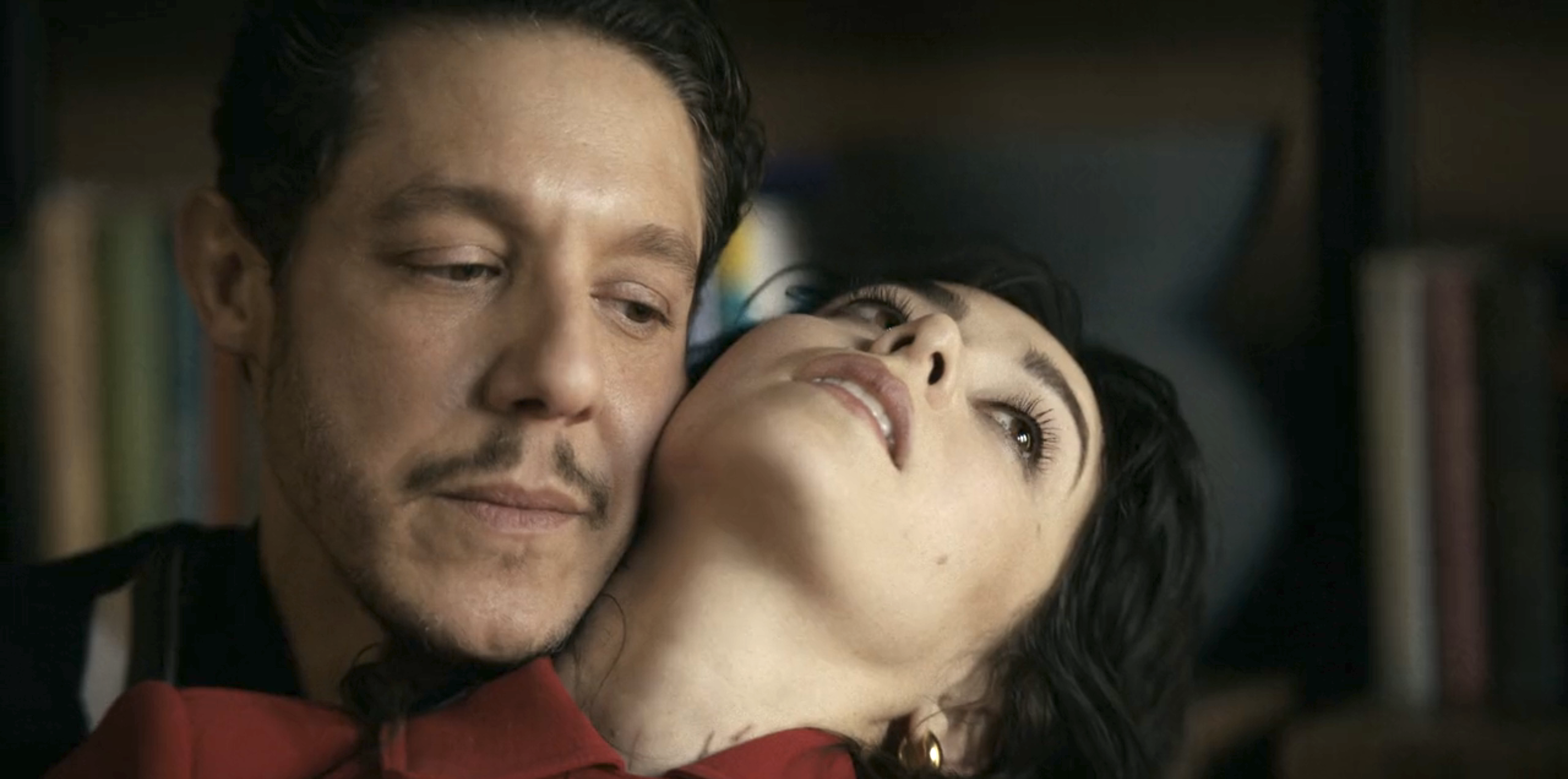COVID-19’s fourth surge is testing the moral fiber of American medicine. The virus has infected more than 42 million Americans and claimed more than 675,000 lives in less than 2 years. Now the Delta variant is forcing us to once again face an onslaught of critically ill patients while at the same time delaying routine care and emergent surgeries for others. As intensive care units fill and scores of people, mostly the unvaccinated, die unnecessarily, those of us in healthcare find ourselves staring down a deep chasm — one filled with frustration and burnout, where the reserves of empathy are rapidly drying up.
While COVID-19 is testing the medical community in new and unimaginable ways, we can look to our predecessors for some guidance. In 1983, a small group of physicians and nurses at San Francisco General Hospital opened Ward 5B, the first dedicated AIDS ward in the U.S. Despite an unimaginably high fatality rate, lack of evidence about how the disease was transmitted, and an anemic governmental response, these volunteers were determined to bring humanity to their increasingly isolated and desperate patients. At great personal sacrifice, they set aside their fears and an onslaught of societal judgment, including a hostile narrative that squarely blamed the “personal choices” of those who contracted HIV.
Ward 5B eventually became emblematic of how we provided care for AIDS patients around the world. The experiences of its healthcare workers informed some of the first studies in the mid-1980s on the risks of exposure and transmission of the disease. Not long after, the CDC introduced new guidelines to protect workers from HIV and other bloodborne pathogens. Guidance from the CDC and Occupational Safety and Health Administration in response to viral outbreaks of diseases ranging from Ebola to SARS continues to inform how we treat patients and protect ourselves.
Today, we are again at war with a hostile virus — this time with COVID-19 causing levels of morbidity and mortality that make the early days of the AIDS epidemic look tame by comparison. The most brutal reality of all is that we know that it didn’t have to be this way. Safe, no-cost, highly effective vaccines are readily available. Healthcare professionals find themselves broken, scared, and furious as the pandemic unnecessarily grinds on and the death count rises. Some of us even harbor righteous indignation. Many are considering or have left the profession.
These are warning signs of a dark inflection point in American medicine that could have long-lasting and potentially catastrophic consequences on the most treasured bond we hold: the deep covenant with patients that we are sworn to protect. Casting judgment on the personal decisions of those in our care may feel justified in the moment, but the collateral damage to ourselves and to our patients is permanent. There is no medical innovation, no prescription, no surgery that can relieve suffering without the foundational trust that exists between patient and healer.
When we hear the narrative of freedom from the unvaccinated, we can take the opportunity to re-focus on our primary charge as healers, a charge that requires us to listen to patients with empathy and build trust. Persuasion, not coercion, is our best hope of promoting COVID-19 vaccination and vanquishing our common enemy. Together, we can own our collective freedom from the suffering this virus has created.
The COVID-19 pandemic will eventually end. All pandemics do. When the fog of battle clears, we will all have to ask ourselves: How will history remember us? As the medical professionals who did what we were trained to do when the patient in front of us needed us most? As an exhausted, horrified but resolute army fighting a common enemy? Or will our chapter be about the moment in American medicine when we fundamentally reset our moral compass, damaging our most important relationships?
For years, we were unable to identify the source of HIV infection. Many healthcare professionals feared for their own safety, believing “lifestyle choices” were the cause of suffering. Many even refused to treat AIDS or HIV-positive patients. Of course, we now know that HIV isn’t nearly as contagious or deadly as COVID-19, and its direct threat to healthcare workers can largely be mitigated by universal precautions.
But the doctors and nurses of Ward 5B didn’t know then what we know now. They stepped forward, despite their anguish and fear, and called on their collective humanity to carry them forward. History has looked fondly on their sacrifice.
Stephen Parodi, MD, is an executive vice president at the The Permanente Federation, and national infectious disease leader for Kaiser Permanente.
Note: This article have been indexed to our site. We do not claim legitimacy, ownership or copyright of any of the content above. To see the article at original source Click Here













